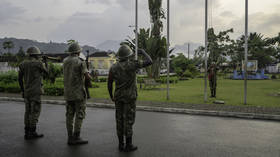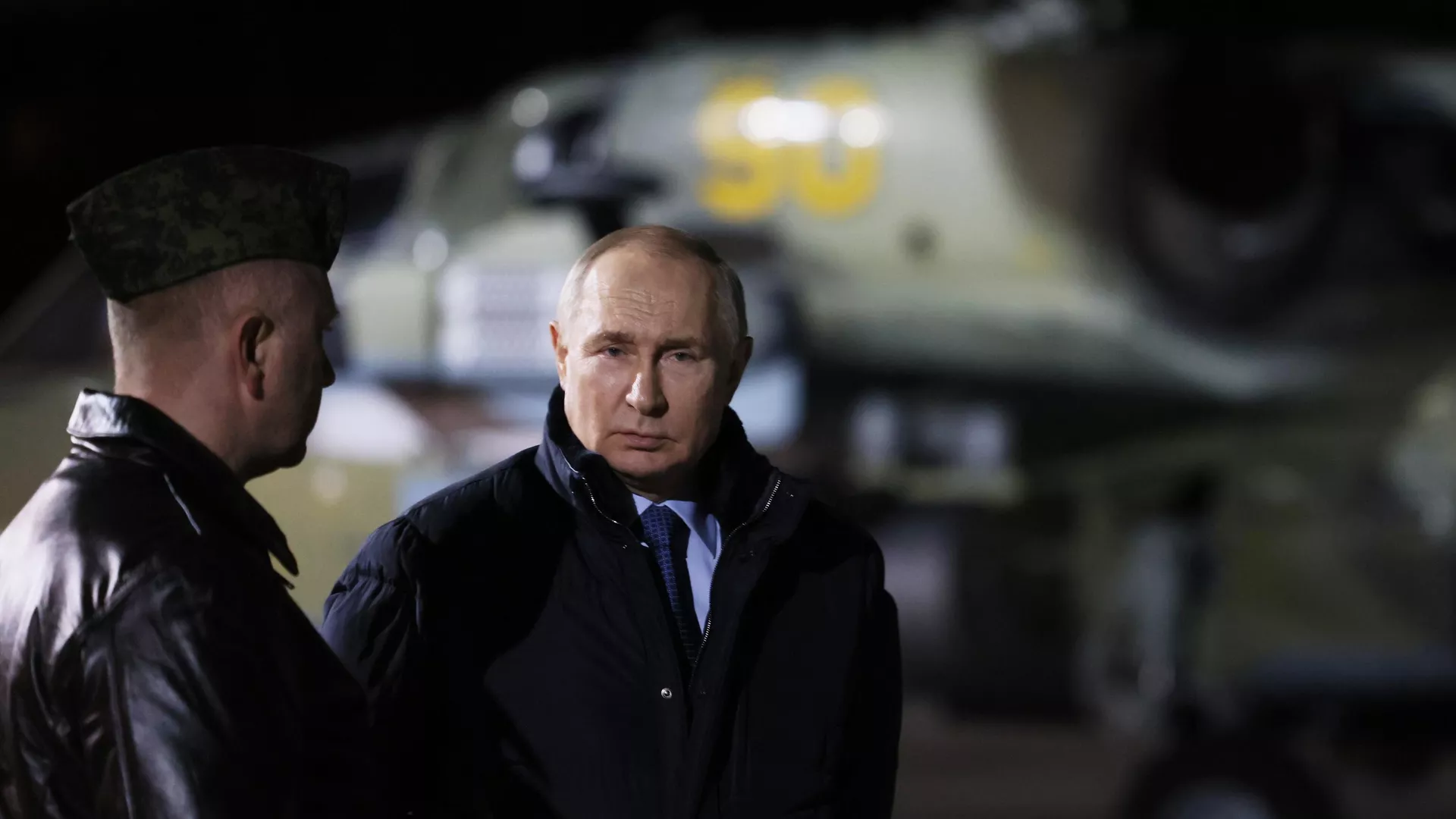Russia, Turkey, Iran to Decide Syria’s Fate; US Still Holding On to Oilfields
from Russia Insider:
 What happened in Geneva this Wednesday, in terms of finally bringing peace to Syria, could not be more significant: the first session of the Syrian Constitutional Committee.
What happened in Geneva this Wednesday, in terms of finally bringing peace to Syria, could not be more significant: the first session of the Syrian Constitutional Committee.
The Syrian Constitutional Committee sprang out of a resolution passed in January 2018 in Sochi, Russia, by a body called the Syrian National Dialogue Congress.

The 150-strong committee breaks down as 50 members of the Syrian opposition, 50 representing the government in Damascus and 50 representatives of civil society. Each group named 15 experts for the meetings in Geneva, held behind closed doors.
This development is a direct consequence of the laborious Astana process – articulated by Russia, Iran and Turkey. Essential initial input came from former UN Envoy for Syria Staffan de Mistura. Now UN Special Envoy for Syria Geir Pedersen is working as a sort of mediator.
The committee started its deliberations in Geneva in early 2019.
Crucially, there are no senior members of the administration in Damascus nor from the opposition – apart from Ahmed Farouk Arnus, who is a low-ranking diplomat with the Syrian Foreign Ministry.
Among the opposition, predictably, there are no former leaders of weaponized factions. And no “moderate rebels.” The delegates include several former and current parliament members, university rectors and journalists.
After this first round, significantly, the committee’s co-chair, Ahmad Kuzbari, said: “We hope that our next meeting could take place in our native land, in our beloved Damascus, the oldest continuously inhabited capital in history.”
Even the opposition, which is part of the committee, hopes that a political deal will be clinched next year. According to co-chair Hadi al-Bahra: “I hope that the 75th anniversary of the United Nations next year will be an opportunity to celebrate another achievement by the universal organization, namely the success of efforts under the auspices of a special envoy for political process, who will bring peace and justice to all Syrians.”
The committee’s work in Geneva proceeds in parallel to ever-changing facts on the ground. These will certainly force more face-to-face negotiations between Presidents Putin and Erdogan, as Erdogan himself confirmed: “A conversation with Putin can take place any time. Everything depends on the course of events.”
“Events” seem not to be that incandescent, so far, even as Erdogan, predictably, releases the whiff of a threat in the air: “We reserve the right to resume military operation in Syria if terrorists approach at the distance of 30km to Turkey’s borders or continue attacks from any other Syrian area.”
Erdogan also said the de facto safe zone along the Turkish-Syrian border could be “expanded,” something that he would have to clear in minute detail with Moscow.
Those threats have already manifested on the ground. On Wednesday, Turkey and allied Islamist factions launched an attack against Tal Tamr, a historic Assyrian Christian enclave 50km deep inside Syrian territory – far beyond the scope of the 10km patrol zone or the 30km “safe” zone.
Poorly-armed Syrian troops pulled out under fierce attack, and with no apparent Russian cover. The Syrian military on the same day issued a public statement calling on the Syrian Democratic Forces to reintegrate under its command. The SDF has said a compromise must be reached first over semi-autonomy for the northeastern region. Thousands of residents in the meantime fled farther south to the more protected city of Hasakeh.
Read More @ Russia-Insider.com
Loading...


